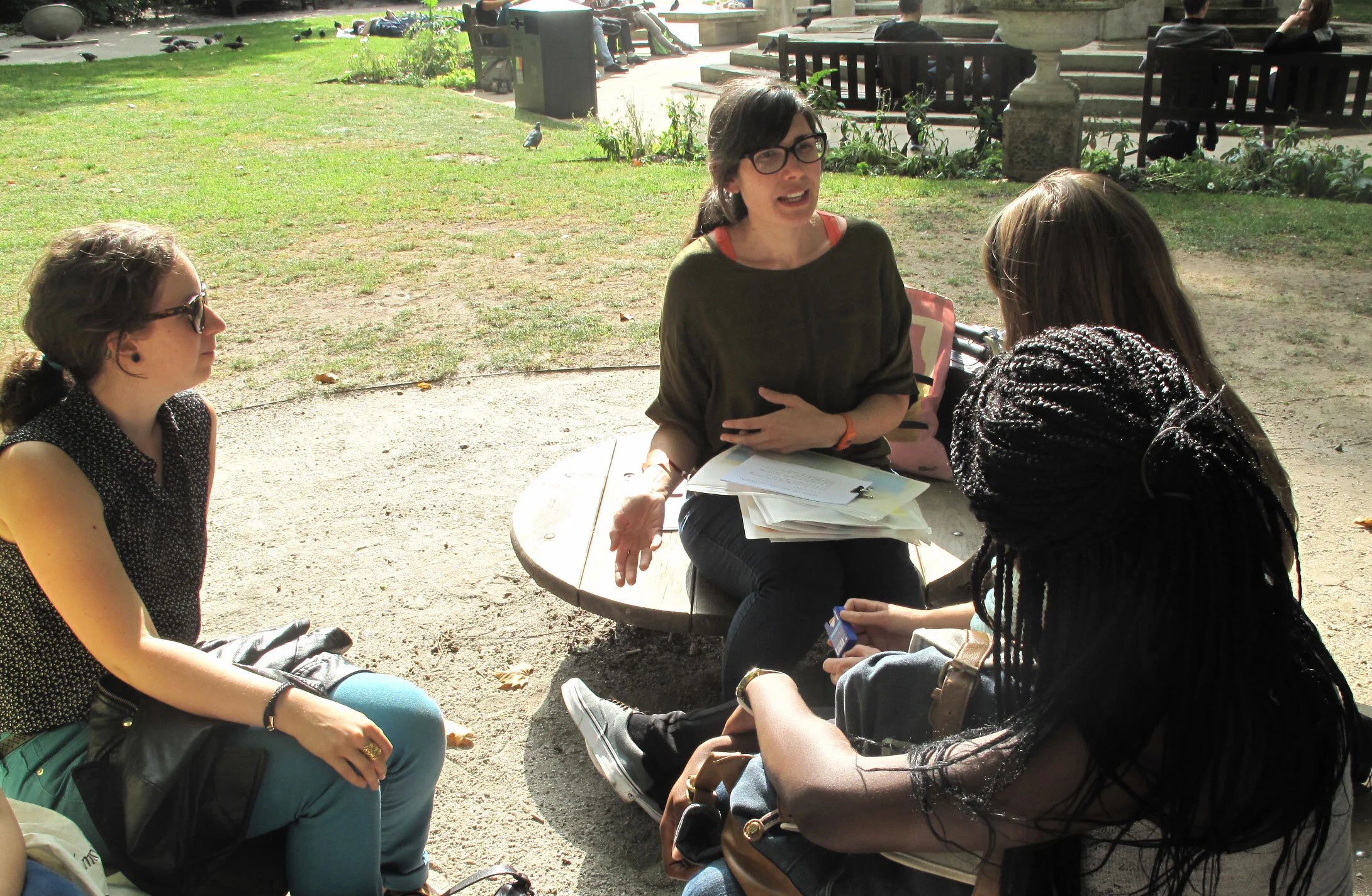This morning I took part in a zoom discussion with makers about sustainable and responsible making practices. I think in my mind it was going to be more of a discussion, but it mostly felt like I was giving a talk. Perhaps that’s just the way it needed to go to start this process off. But, I find these kinds of zoom interactions tricky. A discussion or questions and answers format seems to work ok. There is a back and forth, a focus of attention. But with the monologue there is a kind of awkwardness, a kind of shouting into the void, that I don’t enjoy. Because I find it hard to judge what is happening in that moment.
When I was a student I was part of an improvised comedy group. We performed every Friday night during term time and every night during the Edinburgh Fringe. I simultaneously loved it and hated it. I loved what we created, the unity and synchronicity that good improv produces, those moments of inspired, joyful, irreverent laughter. But I hated being on stage, being so visible. Mostly I liked to support my teammates in getting us where we needed to go. I liked inhabiting that awareness of what needed to happen, the problem solving and the resolution. The audience’s reaction and involvement was a big part of it. You develop a sense of how well things are going by how quiet or noisy they are, where the laughs come and when they don’t. It is a reciprocal activity.
Despite my severe dislike for being on stage, I found myself working in a career that put me front and centre most of the time – Museum Education. Teaching, giving tours, leading workshops and running events, these all involved direct interactions with another kind of audience. Weirdly, I loved it. Whereas comedy made me feel vulnerable, working with objects made me feel connected. I came to rely on my improv skills when asked to take over a tour or work with a group at the last minute, when I was asked to talk about areas of the collection I knew little about. I knew I would find a way through, and I knew I could build a rapport with my audience quickly.
Zoom is nothing like performing improv or delivering a tour of a museum. There may be an audience but there is a detachment that means I get none of the non-verbal cues from seeing people close up, there are no laughs or affirming noises when people are on mute. It is incredibly difficult to know how I’m doing. Where normally I would be spending a certain amount of brain bandwidth on monitoring the audience – looking for the nods or shifts in posture, identifying who is with me and who I need to work harder to get on board – on zoom that bandwidth is entirely taken up by the internal monologue of “Ok, how are things? Hard to say. What is going on? Is anyone even listening? They all look so unhappy, this must be going badly. I must be doing badly. Why did I say I’d do this? Oh bugger, is it too late to stop?” And no one needs that kind of nonsense while they’re trying to speak coherently to a group of people.
There’s no learning here. No nicely tied up journey to a conclusion or narrative arc to this post. It’s mostly just me noticing that in this new place of working that we’re in, where we try to maintain things we’d ordinarily do, but in new formats, there are some things that just don’t translate directly. For me the lack of in-person interactions, of seeing actual humans and sharing the same space, is not working so well. Yes, I can transmit and I can receive but are we really communicating in the same way? I’m not sure. After yesterday’s post about needing to find ways to ensure the conversations in the room continue, even without the room, I’m wondering how much we can recreate, how well we can achieve a facsimile. Is good enough good enough longer term? What might alternatives or new approaches realistically look like?
